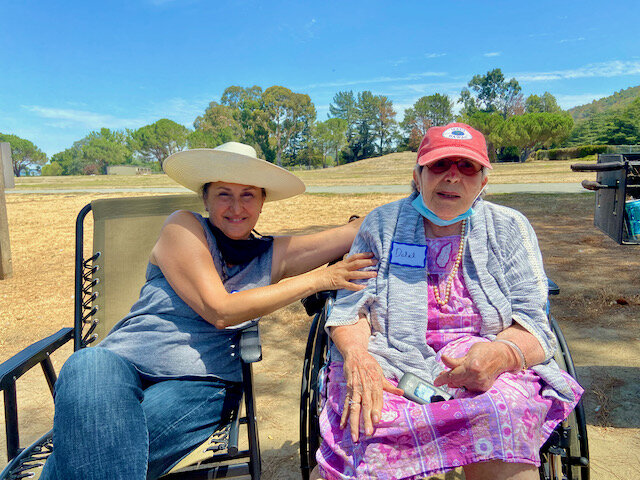The Physical Effects of Aging

In the journey of life, one aspect that captivates us all is the passage of time. As the years roll on, we experience the phenomenon known as aging. While the physical effects of aging are quite apparent, another process silently unfolds within us – cognitive aging. Cognitive aging refers to the natural changes that occur in our mental processes as we grow older. It encompasses alterations in memory, attention, reasoning, and decision-making abilities. However, fear not, for there are strategies and lifestyle choices that can help us keep our brains sharp as we age.
Understanding Cognitive Aging
Before we delve into strategies for maintaining cognitive vitality, it’s essential to grasp the concept of cognitive aging. It’s a multifaceted phenomenon influenced by various factors such as genetics, lifestyle, and environment. While some cognitive decline is a normal part of aging, it doesn’t necessarily equate to a decline in intelligence.
The Role of Genetics
Genetics plays a substantial role in cognitive aging. Some individuals may have a genetic predisposition to experience more significant cognitive decline than others. However, genetics is just one piece of the puzzle. Lifestyle choices and environmental factors can significantly influence the extent of cognitive aging.
Lifestyle Choices Matter
Your daily habits and choices can impact the rate at which your brain ages. Factors like diet, exercise, sleep, and mental stimulation all play crucial roles. Let’s explore some strategies that can help maintain cognitive function as you age.
Strategies for Keeping Your Brain Sharp
1. Maintain a Healthy Diet
A well-balanced diet can work wonders for your brain health. Foods rich in antioxidants, Omega-3 fatty acids, and vitamins can help protect your brain from age-related damage. Incorporate plenty of fruits, vegetables, nuts, and fatty fish into your diet.
2. Stay Physically Active
Regular physical activity not only keeps your body fit but also benefits your brain. Exercise improves blood flow to the brain, stimulates the release of neuroprotective chemicals, and enhances cognitive function. Aim for at least 150 minutes of moderate-intensity exercise per week.

3. Challenge Your Mind
Just like your body, your brain needs regular exercise too. Engage in mentally stimulating activities such as puzzles, crosswords, chess, or learning a new language. These activities can help build and strengthen neural connections.
4. Get Adequate Sleep
Sleep is when your brain consolidates memories and rejuvenates itself. Chronic sleep deprivation can lead to cognitive decline. Aim for 7-9 hours of quality sleep each night to ensure your brain gets the rest it deserves.
5. Socialize and Stay Connected
Maintaining social connections is vital for cognitive health. Engage in social activities, spend time with loved ones, and participate in group activities that keep your mind active and emotionally fulfilled.
6. Manage Stress
Chronic stress can have detrimental effects on your brain. Practice stress-reduction techniques like mindfulness, meditation, or yoga to keep stress levels in check.
Conclusion
Cognitive aging is a natural process that we all experience as we grow older. However, it doesn’t have to mean a decline in cognitive abilities. By adopting a healthy lifestyle that includes a balanced diet, regular exercise, mental stimulation, and adequate sleep, you can keep your brain sharp and vibrant well into your golden years.
Remember, aging is a journey, and cognitive aging is just one aspect of it. Embrace it with grace and take proactive steps to ensure that your mind remains as sharp as ever. With the right choices, you can make the most of your golden years and enjoy a fulfilling life filled with wisdom and vitality. For more insights and further information about anti-aging supplement, be sure to visit their page to learn more.

